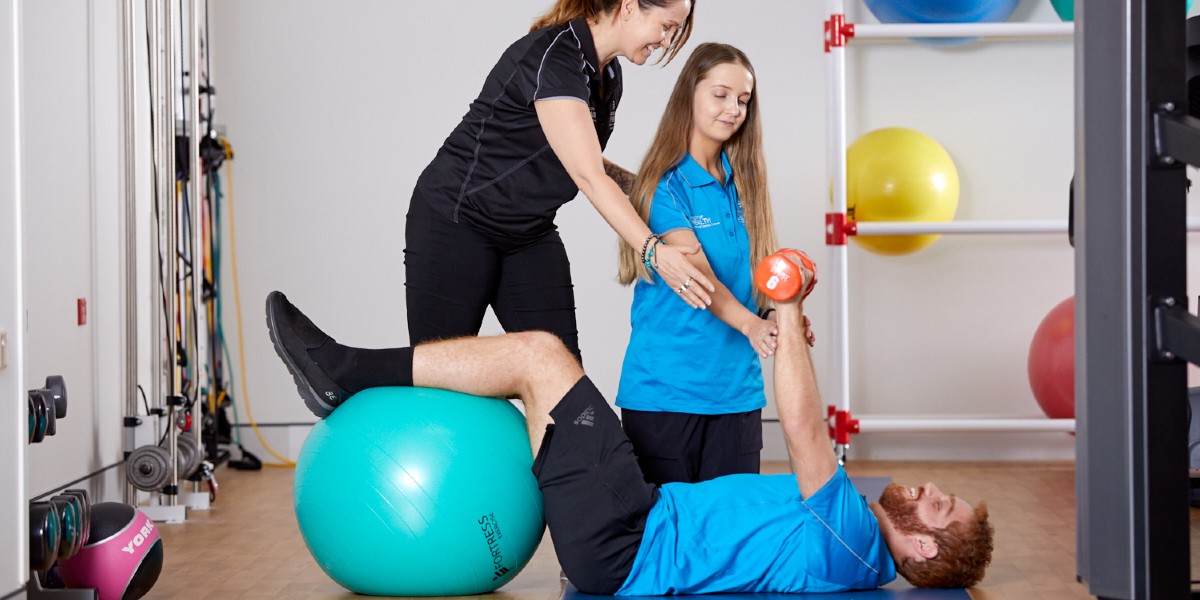
The Buzz on Exercise Physiology, Ph.D< University of Oklahoma
A male marathon runner loses each hour around 0. 83 L in cool weather condition and 1. 2 L in warm (losses in women are about 68 to 73% lower). People doing heavy exercise may lose two and half times as much fluid in sweat as urine. This can have profound physiological effects.
These impacts are mainly removed by replacing 50 to 80% of the fluid lost in sweat. Plasma catecholamine concentrations increase 10-fold in entire body exercise. https://www.inertiahealthgroup.com.au/ is produced by exercised skeletal muscles from ADP (the precursor of ATP) by purine nucleotide deamination and amino acid catabolism of myofibrils. interleukin-6 (IL-6) increases in blood circulation due to its release from working skeletal muscles.

The Best Strategy To Use For Exercise Physiology - College of Health and Human

Sodium absorption is affected by the release of interleukin-6 as this can cause the secretion of arginine vasopressin which, in turn, can cause exercise-associated dangerously low sodium levels (hyponatremia). This loss of sodium in blood plasma can result in swelling of the brain. This can be avoided by awareness of the threat of drinking excessive quantities of fluids throughout prolonged exercise.
The brain is generally reliant for its high energy expense upon aerobic metabolic process. The brain as a result is extremely delicate to failure of its oxygen supply with loss of awareness occurring within 6 to seven seconds, with its EEG going flat in 23 seconds. Therefore, the brain's function would be disrupted if exercise affected its supply of oxygen and glucose.

Some Known Facts About Exercise Physiologists: Career, Salary and Education.
Because humans are bipeds, motor control is needed for keeping balance. For this factor, brain energy intake is increased during intense exercise due to the demands in the motor cognition required to manage the body. Exercise Physiologists treat a variety of neurological conditions consisting of (but not limited to): Parkinson's, Alzheimer's, Distressing Brain Injury, Spine Cable Injury, Cerebral Palsy and psychological health c
